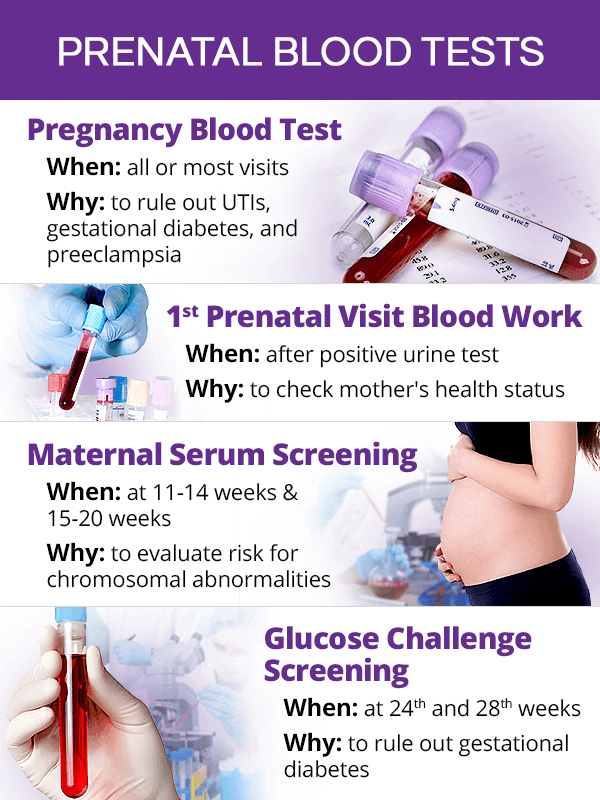The Role of Veterinary Testing in Ensuring Pet Health
The Role of Veterinary Testing in Ensuring Pet Health
Blog Article
When it comes to the health of your pets, regular veterinary testing is essential. Advanced veterinary facilities monitor overall health for four-legged family members.
Through this guide, we’ll dive into the importance of routine pet exams and highlight key tests.
What Are Veterinary Laboratories?
Veterinary testing centers analyze health indicators to guide treatment plans. These labs employ expert technicians to help vets identify problems quickly.

Key roles of veterinary labs include:
- Spotting health issues early: Allows for faster treatment.
- Managing long-term health issues: Keeps you informed about your pet’s progress.
- Testing the success of interventions: Improves treatment accuracy.
Common Veterinary Tests for Dogs and Cats
Pet testing services provide multiple testing services to detect specific issues. Popular exams include:
- Biochemical testing: Monitor immune health.
- Urinary tract exams: Detect urinary infections.
- Fecal tests: Identify worms or parasites.
- Sensitivity screens: Improve coat health.
- Radiographic testing: Spot tumors.
The Benefits of Regular Veterinary Testing
Regular veterinary testing is a critical part of pet ownership. Through preventative measures, their overall health improves.

Key reasons for routine testing include:
- Extended lifespan: Ensuring effective care helps pets live longer.
- Preventative savings: Addressing small problems early saves resources down the road.
- Strengthened bond with your pet: Stay informed about their health.
laboratorio de analises clinicas veterinaria
Why Testing is Key for Dogs and Cats
Veterinary laboratories help keep pets healthy in ensuring your dog or cat’s well-being. By making diagnostics a priority, you’re giving your pets the best chance at a happy, healthy life.
Make their health a priority to help them live their best life!
Report this page